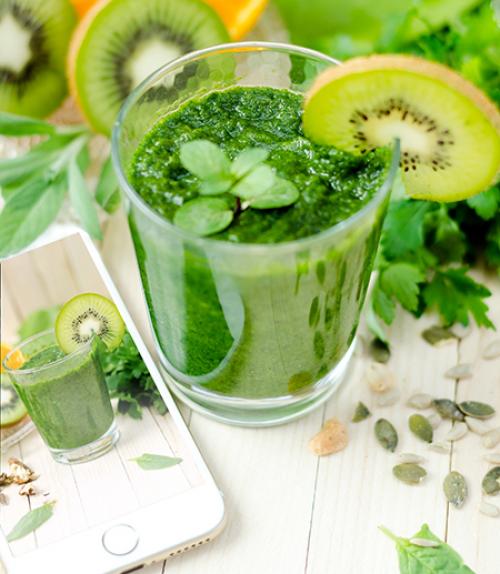A report released Tuesday by the CDC shows the percentage of Americans on special diets of any kind has increased over the past decade, with more women on special diets than men and more adults over the age of 40 on special diets than adults between ages 20 and 39.
Adrienne Bitar specializes in the history and culture of American food and health and is the author of “Diet and the Disease of Civilization” — the first full-length study of diet books. She says Americans are increasingly looking beyond traditional diets towards “whole health philosophies” and “lifestyle plans” that promote physical and societal health. And she says, new tech makes these plans more accessible than ever.
“More than two-thirds of American adults are classified as overweight or obese. Increasingly, we are acknowledging that the standard diet predisposes Americans to excess weight.
“For the last twenty or so years, Americans have also sought out lifestyle plans that use the format of a weight-loss diet as a platform to promote whole health philosophies. With the rise of detox, veganism, and Paleo, in particular, Americans are increasingly shunning traditional ‘diets’ in favor of ‘lifestyles’ that embed weight loss into larger philosophical promises about a better body, a healthier society, and a more perfect world.
“In the last ten years, new technologies like the Fitbit and calorie counters have led to the rise of the quantified self. And new media platforms have exposed Americans to a wide variety of diets and diet gurus. I expect the number of American dieters to continue to grow as obesity has been shown to be a major risk factor for the severity of COVID-19.”
For media inquiries, contact Linda Glaser, news & media relations manager, lbg37@cornell.edu, 607-255-8942




